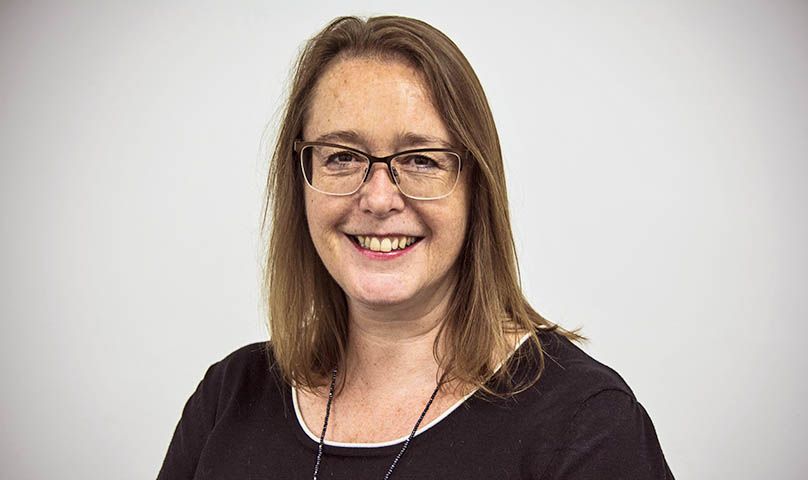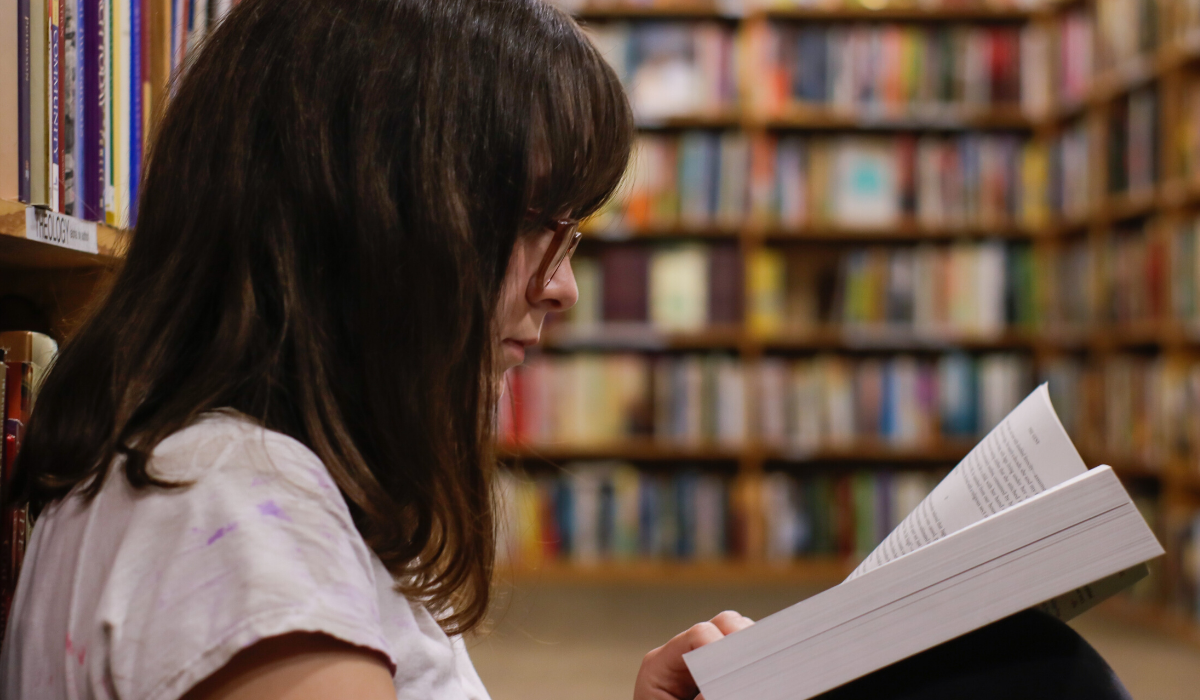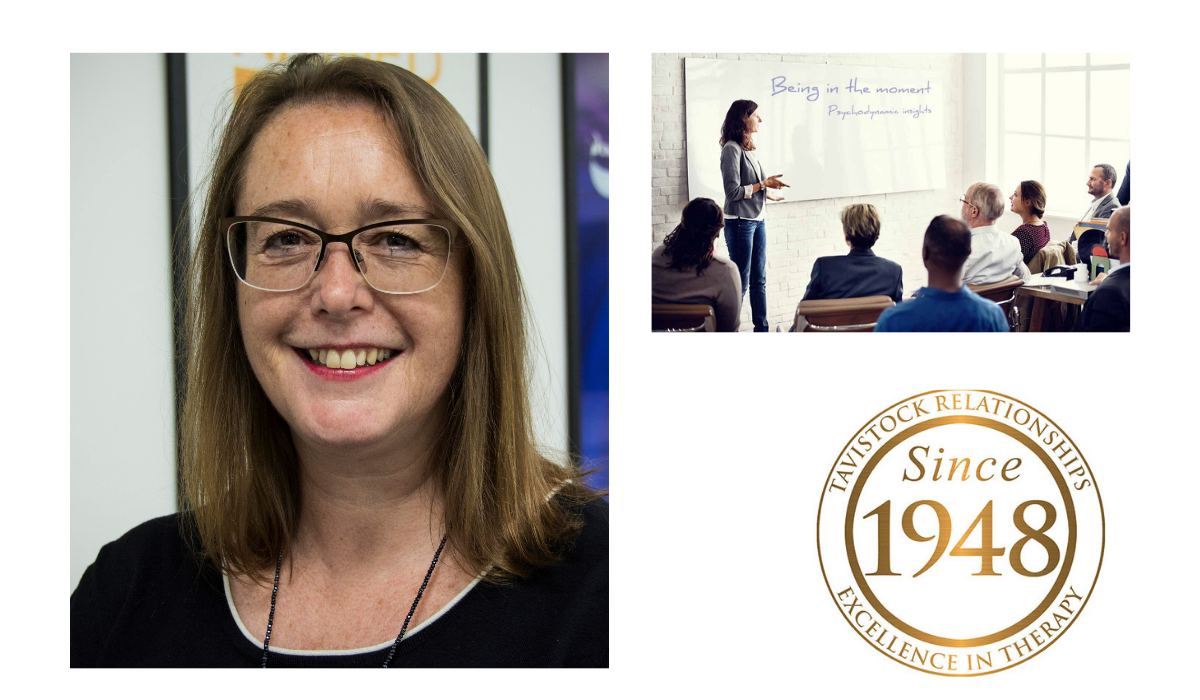Why Tavistock Relationships is the best route through psychotherapy training
Published in Student Stories on September 30th 2019

For individual and couple counselling training, getting the best support as you start to see clients is vital says Heidi Renton.
Taking the leap into a new career – part 2: training at Tavistock Relationships
Searching for more meaning in my life and work, I decided in my late 40s to try and switch careers, and undergo psychotherapy training. With a background in senior marketing and media education, I had been looking for a new direction to stimulate me. My exhaustive research into how to become a counsellor had brought me to the world-renowned Tavistock Relationships and their Introduction to Counselling course [Foundation Certificate in Couple and Individual Counselling and Psychotherapy] , where I was thrilled to have managed to secure myself a place. (You can read more about my decision-making process on counselling courses here.)
But now I was about to begin, I realised I had no clear idea of what exactly lay ahead: I knew in principle what Tavistock Relationships' counselling training entailed, but what might the self-reflective group actually involve? Would role playing be as terrifying as it sounded? What if everybody else on the course was way more experienced or proficient than me? The only way to find out was to take a deep breath and embark on the first part of my journey.
... my course colleagues were warm and fascinatingly diverse, and the Tavistock teaching staff was welcoming and supportive.
Getting started: the Tavistock Relationships Introduction to Counselling course
Naturally, my fears were unfounded: my course colleagues were warm and fascinatingly diverse, and the Tavistock teaching staff was welcoming and supportive. I knew the course reading material was likely to be interesting, but hadn’t expected it to also be hugely inspiring. I discovered that a self-reflective group is a form of working that proved invaluable, through sharing my own and my colleagues’ experiences of our learning process. But perhaps the biggest surprise was discovering my inner Meryl Streep during our role play exercises: I loved them! They proved to be a very creative way to engage with the difficulties and tensions that a couple might experience. By playing anybody from a depressed, recently bereaved older man, to an overburdened young mother, I learned to inhabit and begin to try and understand the relationship processes involved in supporting people with relationship difficulties.
By the end of the introduction course I was hooked. After the short taster that it provided into what the main Postgraduate/MA course might involve, I was eager to know more about developing my psychotherapeutic skills, and increasingly convinced that this was the career I wanted to pursue. Luckily, after a probing interview when the introductory course ended, Tavistock Relationships agreed with me, and offered a place.
Getting qualified: Tavistock Relationships Professional Training
Now that a formal, BACP-approved qualification was the final goal of this next stage of my psychotherapy training, the bar was raised in terms of the standard of work expected from me. The intellectual content of the reading material increased noticeably, as did the quality of debates with my colleagues.
One of the biggest challenges I faced was having to research, write and submit some quite detailed academic course work. This was something of a culture shock, as I hadn’t needed to work in this way since my first degree – some three decades prior! However, whilst difficult initially, it felt like retraining an old muscle, and I found my brain responding increasingly flexibly as my interest in the subject deepened. Support from my tutor, who had previously undertaken the same qualification, was enormously helpful here – as was my own therapy, a requirement of the course, but which proved to be an essential part of my personal development. However, whilst the academic work was demanding, I also appreciated the freedom it offered to pursue my own interests in specific areas of psychotherapeutic theory.
Putting principles into practice: working with real couples
One of the main advantages of the Tavistock Relationship course, over others that I had considered, was the access to client work it provided during my training. Unlike some other organisations, where I would have had to find my own clients, I knew at Tavistock I would be carefully matched with couples suitable for my skill level as I progressed through the course. I was hugely apprehensive at starting client work: these were real people I was trying to help now, no longer just role plays. But although it was daunting at first, I felt supported every step of the way, with regular supervision and discussion of difficulties. Plus, I always took enormous reassurance from knowing that I could always consult somebody from the large Tavistock clinical staff, comprised of some of the best minds in the world in the field of couple psychotherapy. As I put my theoretical knowledge into practice, I increasingly found myself able to draw on my own resources, whilst still solidly supported by the course staff.
The Tavistock Relationships course: was it worth taking it?
Of all the counselling and psychotherapy courses in London, I will always count myself lucky that I picked the Tavistock Relationships training. Despite the scheduling challenges of balancing my classes, supervision, coursework and personal therapy with my media education day job (I was still working full time) and my family life, I found the course surprisingly energising. Not only did it provide me with a valuable, highly-regarded qualification, that has now allowed me to set myself up in a fascinating, satisfying and completely flexible career, but I’ve also made dear and trusted friends along my journey. At times it was tough going, but ultimately – as I had hoped – it has changed my life forever, for the better.

